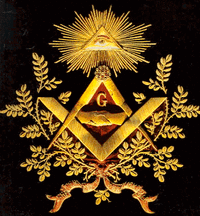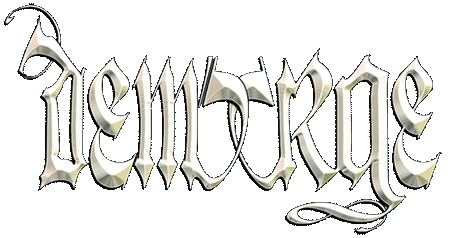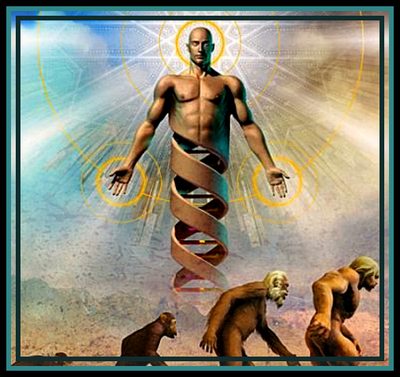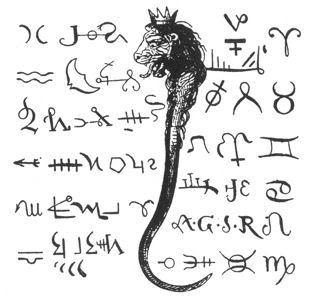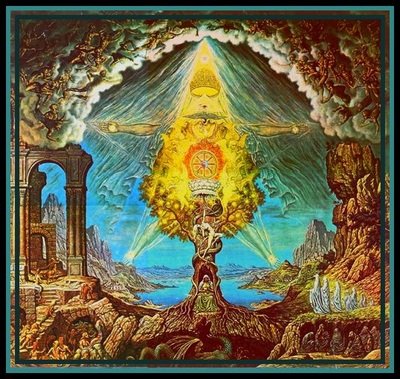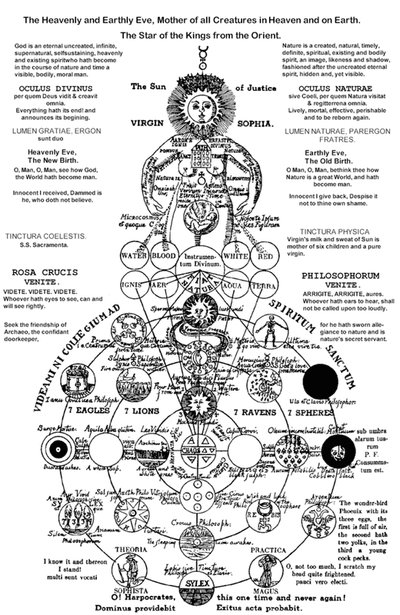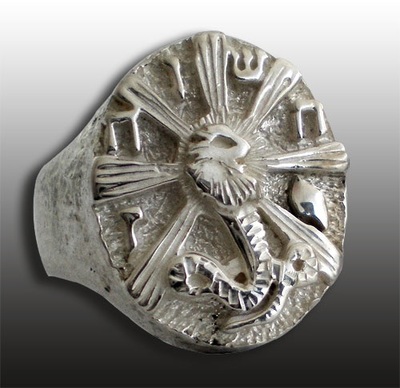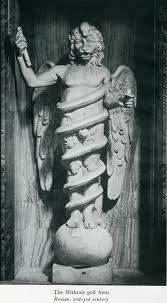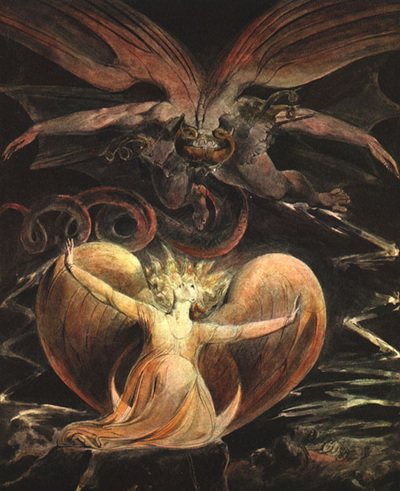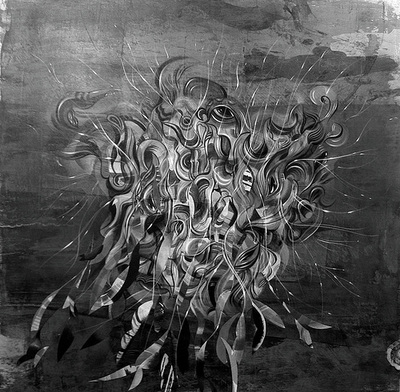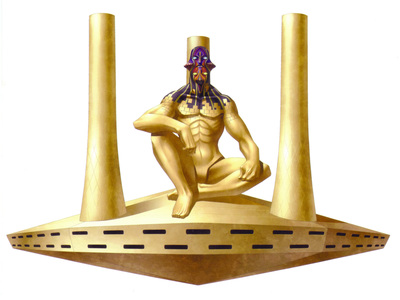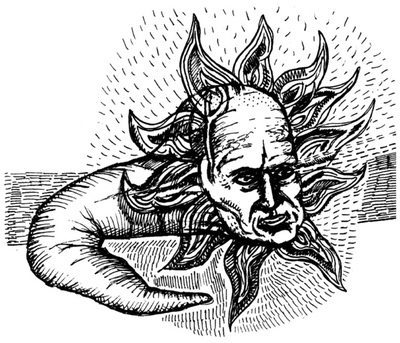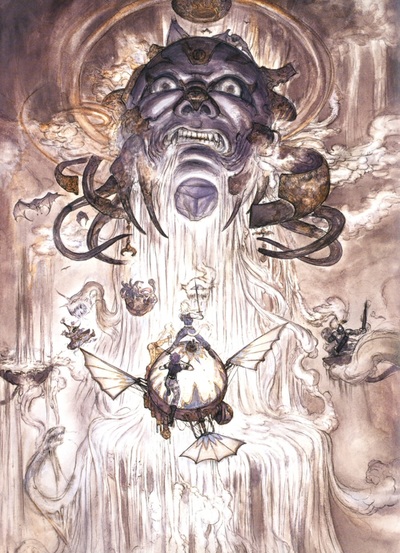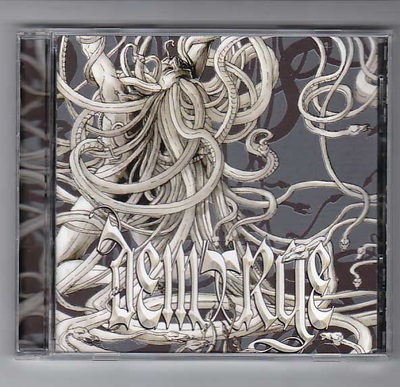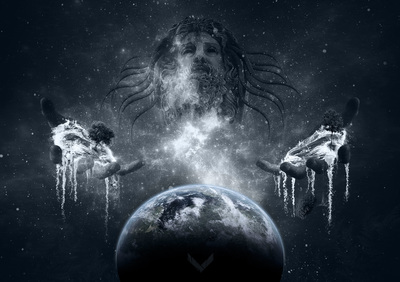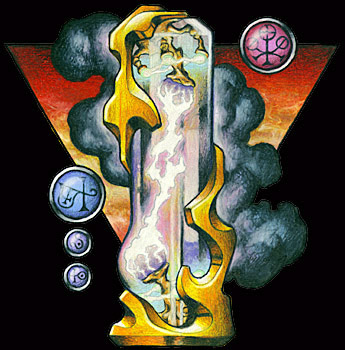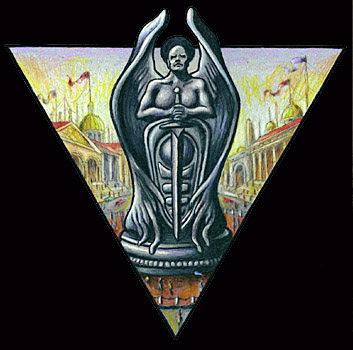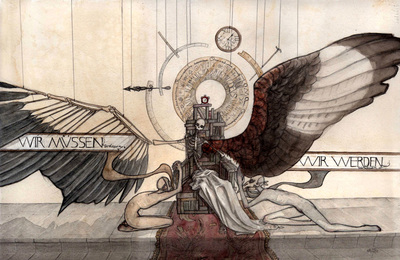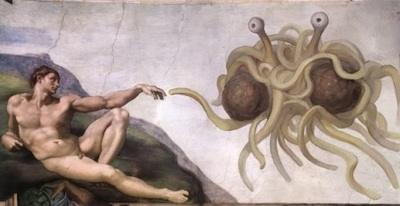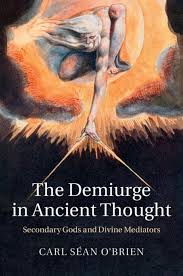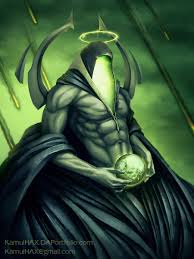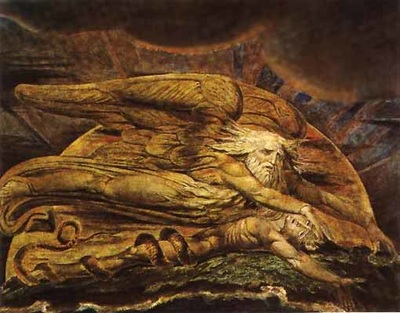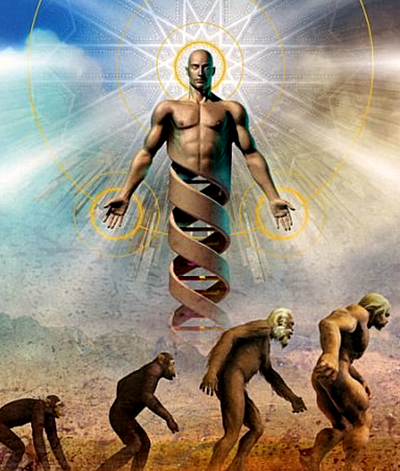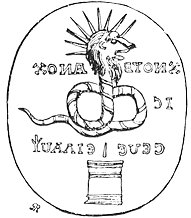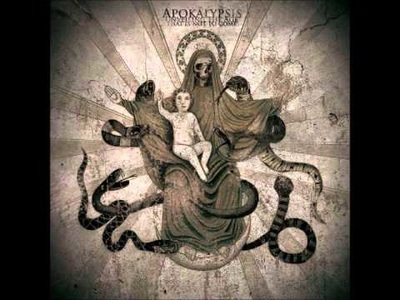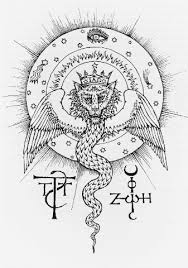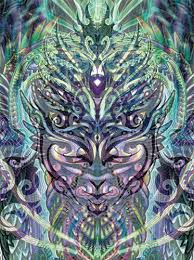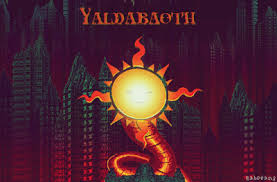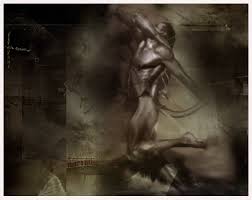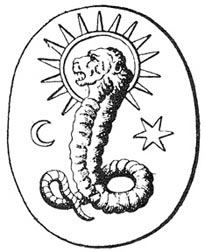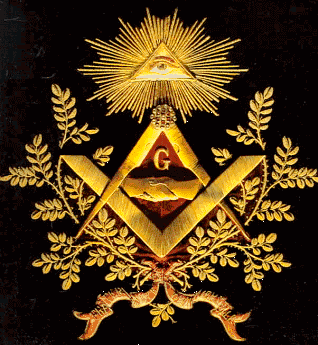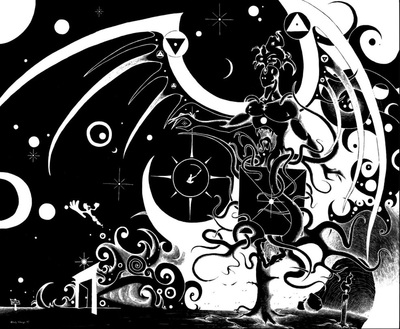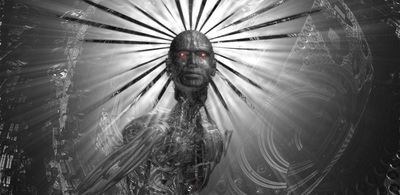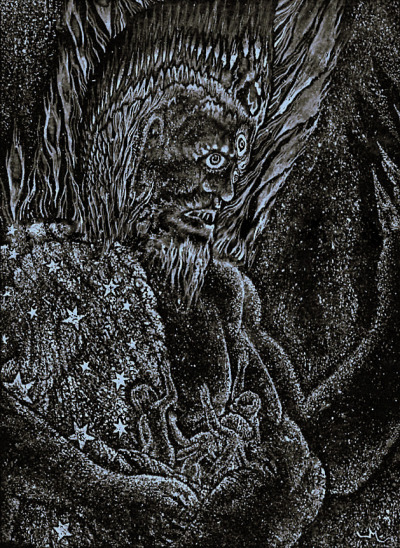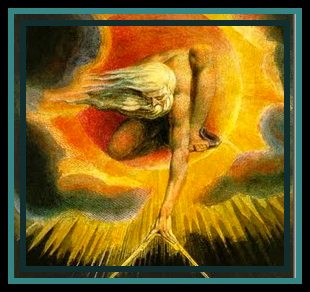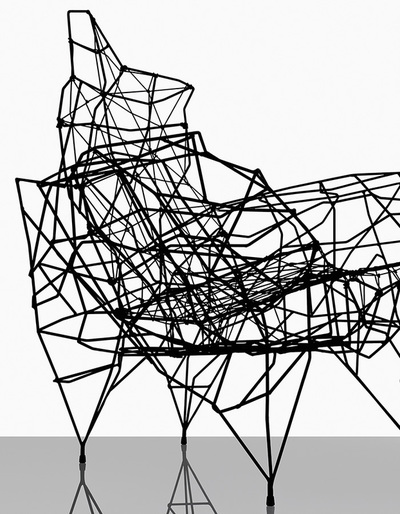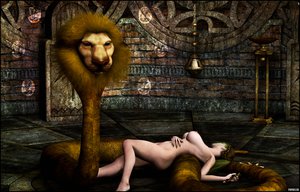What is Gnostic Demiurge? The term Demiurge derives from the ancient Greek "demiourgos" (latinized demiurgus), meaning "artisan" or "craftsman". In various belief systems this is a deity responsible for the creation of the physical universe. The term occurs most notably Platonism and Gnosticism. The precise nature and character of the Demiurge however varies from a benign architect of matter in some, to the personification of evil in others.
Plato refers to the Demiurge frequently in the Timaeus as the entity who "fashioned and shaped" the material world. Plato describes the Demiurge as unreservedly good and hence desirous of a world as good as possible. The world remains allegedly imperfect because the Demiurge had to work on pre-existing chaotic matter. Christianity and Judaism claim "God" the Creator is good, but Christians claim the soul is corrupt due to the sin of Adam. Gnosticism is another matter. Plato had no such concept.
The Platonic Demiurge (Plato's idea that humans possessed immortal souls distinct from their bodies) established the concept of dualism, positing a separation between spiritual and physical being. This notion of the separateness of soul and body would play an influential role in later philosophical and religious thought. In a dialogue written late in his life, Plato said the pre-existing knowledge possessed by the immortal human soul is in truth the knowledge known to the supreme deity. Plato called this god the Demiurge (“craftsman”) because the deity used knowledge of the Forms to craft the world of living beings from raw matter. According to this doctrine of Plato, a knowing, rational God created the world, and the world therefore has order. Furthermore, its beings have goals, as evidenced by animals adapting to their environments in order to flourish. The Demiurge wanted to reproduce in the material world the perfect order of the Forms, but the world as crafted turned out not to be perfect because matter is necessarily imperfect. Plato suggested that the proper goal for human beings is to seek perfect order and purity in their own souls by making rational desires control their irrational desires.
Plato refers to the Demiurge frequently in the Timaeus as the entity who "fashioned and shaped" the material world. Plato describes the Demiurge as unreservedly good and hence desirous of a world as good as possible. The world remains allegedly imperfect because the Demiurge had to work on pre-existing chaotic matter. Christianity and Judaism claim "God" the Creator is good, but Christians claim the soul is corrupt due to the sin of Adam. Gnosticism is another matter. Plato had no such concept.
The Platonic Demiurge (Plato's idea that humans possessed immortal souls distinct from their bodies) established the concept of dualism, positing a separation between spiritual and physical being. This notion of the separateness of soul and body would play an influential role in later philosophical and religious thought. In a dialogue written late in his life, Plato said the pre-existing knowledge possessed by the immortal human soul is in truth the knowledge known to the supreme deity. Plato called this god the Demiurge (“craftsman”) because the deity used knowledge of the Forms to craft the world of living beings from raw matter. According to this doctrine of Plato, a knowing, rational God created the world, and the world therefore has order. Furthermore, its beings have goals, as evidenced by animals adapting to their environments in order to flourish. The Demiurge wanted to reproduce in the material world the perfect order of the Forms, but the world as crafted turned out not to be perfect because matter is necessarily imperfect. Plato suggested that the proper goal for human beings is to seek perfect order and purity in their own souls by making rational desires control their irrational desires.
|
|
|
